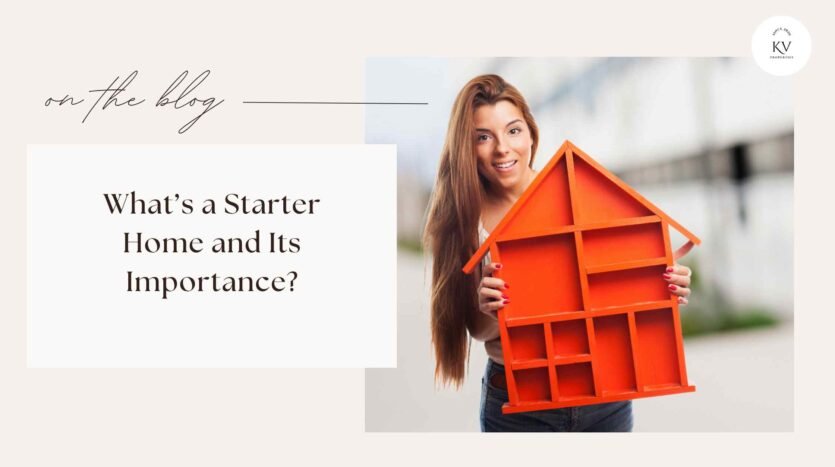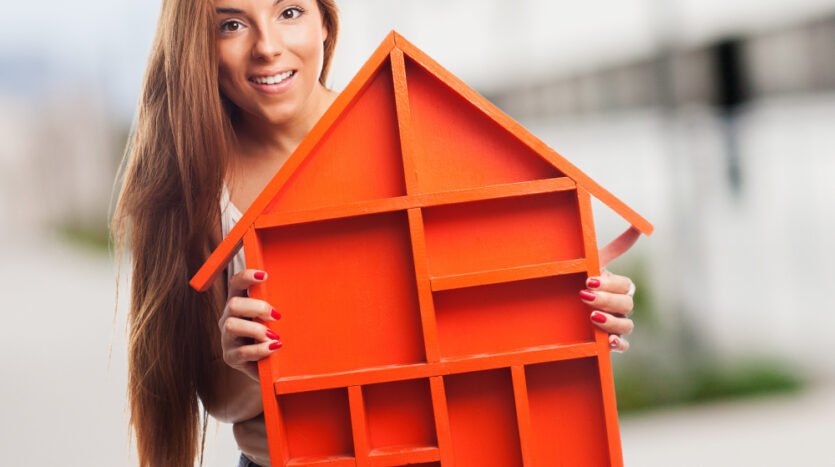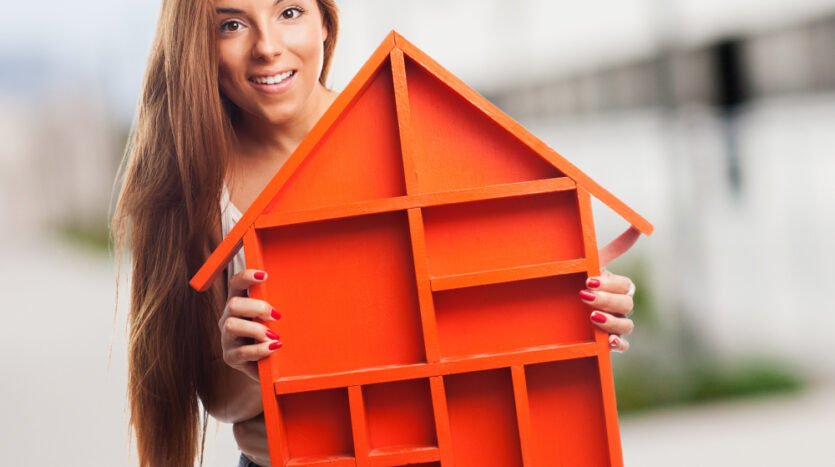What’s a Starter Home and Its Importance in Your Real Estate Journey?

When you’re just beginning your real estate journey, the idea of buying a “starter home” comes up a lot. But what exactly does that mean?
A starter home isn’t your forever home, and that’s the point. It’s a practical first step into homeownership that helps you build equity, understand the market, and grow toward long-term financial stability.
It’s typically more affordable, modest in size, and located in neighborhoods where price points are within reach. You may not get everything on your dream-home list, but what you do get is a foothold in the housing market, and that matters more than most people realize.
There’s a lot to learn about starter homes, which we will unfold here in this blog. Stay tuned!
Why Do Starter Homes Matter?
Starter homes carry weight not because they’re flashy, but because they’re smart.
- They help you stop renting and start owning, which means every mortgage payment builds your own equity, not your landlord’s.
- They also teach you the ropes. From handling property maintenance to navigating insurance and taxes, a starter home gives you first-hand experience in owning a piece of real estate without the pressure of a luxury-level investment.
This is how many successful homeowners begin. Not with perfection, but with a plan.
The Long-Term Value of Starting Small
Most buyers underestimate how quickly a starter home can grow in value, especially in cities like Houston.
If you purchase a property in an area with growth potential or make thoughtful upgrades over time, your home’s value could increase significantly in just a few years.
That equity becomes power. You can sell and upgrade, or use it to fund your next home. Either way, you’re not starting from scratch the second time; you’re building upward.
This is how people move from “starter” to “forever.”
Is a Starter Home Right for You?

If you’re planning to stay in one place for at least 3–5 years and have a steady income, a starter home could be your smartest move.
It’s not just for young couples or recent graduates; it’s for anyone who wants to start building wealth instead of just paying rent.
In fast-growing housing markets like Houston, timing matters. Buying early at a lower price point can give you a long-term advantage before prices climb higher.
Managing Expectations (And Why That’s a Good Thing)
Let’s be honest, your starter home probably won’t have it all. And that’s okay.
It might lack that extra bedroom or gourmet kitchen, but if it’s structurally sound, in a good location, and priced right, it’s worth it.
You can always make cosmetic updates later. What matters now is getting in early, building equity, and gaining experience.
This mindset shift is what separates first-time owners from lifelong renters.
Final Thoughts
A starter home isn’t a downgrade. It’s a launchpad.
It gives you something renting never will: ownership, stability, and financial growth. It doesn’t need to be perfect. It just needs to get you started.
At KV Properties, we work with buyers who are ready to take that first step, and we help them make it count.
If you’re considering buying your first home but aren’t sure where to start, let’s talk. You don’t need everything figured out. You just need to start.
Frequently Asked Questions
1. What is a starter home, really?
A starter home is your first, affordable home, not your forever one. It’s meant to help you enter the market and grow from there.
2. Why buy a starter home instead of waiting longer?
Because every month you rent, you build someone else’s wealth. A starter home lets you start building your own.
3. How long should I live in a starter home?
Ideally, 3–5 years. That gives your home time to gain value, and gives you enough equity for your next move.
4. What should I look for in a good starter home?
Skip the fancy finishes. Focus on location, condition, and future potential. Paint and flooring can change, but location can’t.
5. Can a starter home really be a smart investment?
Absolutely. Many starter homes appreciate fast, especially in growth areas. That equity becomes fuel for your next property.

Karishma Naidu Vohra is a dedicated real estate agent renowned for her entrepreneurial spirit and commitment to excellence. After developing her skills in Los Angeles, she found her true passion in Houston, where she specializes in buying, renting, and selling properties.






